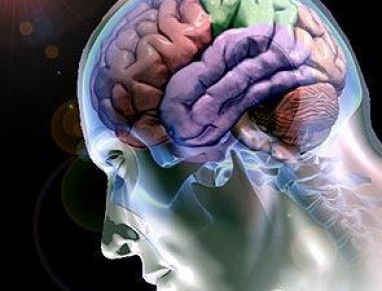Research series: How, when and why does targeted cognitive training work to promote behavioral and emotional health?
.
Exploring Targeted Cognitive Training for Clinical Disorders (Association for Psychological Science):
“Research on the treatment of mental disorders often centers on understanding which treatments work. But knowing that a treatment is effective doesn’t necessarily tell us why the treatment works. A better understanding of the precise mechanisms that contribute to behavioral and emotional disorders, and of how treatments effect change, can help enhance current treatments and spur the development of new intervention and prevention approaches…
“We now have a few hundred evidence-based treatments, but our understanding of the mechanisms of action remains to be elaborated, with very few exceptions,” writes journal editor Alan Kazdin.”The series that Lisa Onken has developed provides studies that approach understanding disorders, treatments, and mechanisms in different ways. The diversity of the research shows the range of options available and needed to understand clinical dysfunction, treatment effects, and their interrelations.”
Taken together, says Onken, the research presented in the special series “is both scientifically meaningful, by providing knowledge about mechanisms, and at the same time especially practical, by laying the foundation for developing interventions that have the potential for relatively easy implementation.”
The special series, published in the January 2015 issue of Clinical Psychological Science (requires subscription), includes:
- Cognitive Training: Targeting Cognitive Processes in the Development of Behavioral Interventions
- Altering the Cognitive-Affective Dysfunctions of Psychopathic and Externalizing Offender Subtypes With Cognitive Remediation
- The Attentional Bias Modification Approach to Anxiety Intervention
- Individual Differences in Response to Prediction Bias Training
- Positive Imagery-Based Cognitive Bias Modification as a Web-Based Treatment Tool for Depressed Adults: A Randomized Controlled TrialCan Cognitive Bias Modification of Interpretations Training Alter Mood States in Children and Adolescents? A Reanalysis of Data From Six Studies
- Cognitive Bias Modification for Interpretation in Major Depression: Effects on Memory and Stress Reactivity
- Therapeutic Opportunities for Self-Control Repair in Addiction and Related Disorders: Change and the Limits of Change in Trans-Disease Processes
To learn more:



